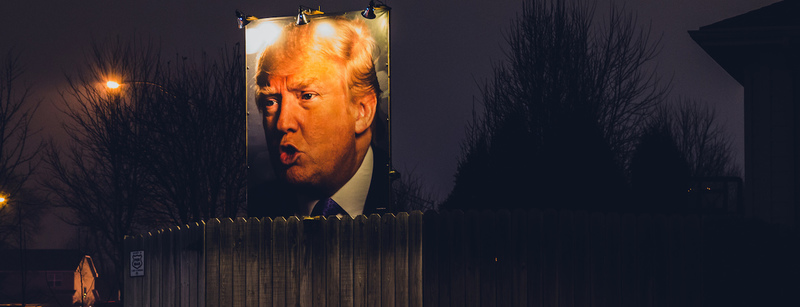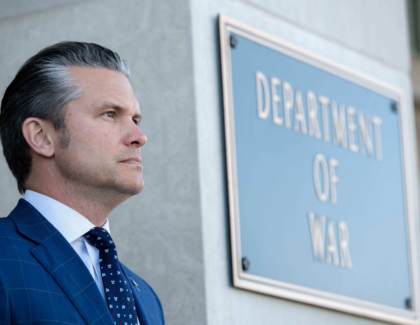Sign up for the daily CJR newsletter.
For being the “enemy of the people,” journalists sure are going out of their way to safeguard US national security interests.
Consider this week: As reports of President Donald Trump spilling sensitive information to Russians swirled around the White House, Jake Tapper’s opening monologue on The Lead on Tuesday laid out how CNN reporters treated details of American intelligence gathering methods with greater care than the commander in chief. The Washington Post piece that catalyzed the current superstorm of manic media coverage similarly said the authors omitted certain information at the administration’s request.
These are the same journalists Trump and his right-wing media cronies have labeled as “scum,” “dishonest,” and “lying, disgusting people.” And the recent round of scoops hasn’t changed their view; if anything, they see the leaks, and the press’s willingness to publish them, as yet more evidence of the media’s vendetta against Trump. So it’s worth pondering again, particularly as a hostile White House continues to demonize the journalistic enterprise as a whole: Who’s looking out for the public good?
ICYMI: Journalists, here’s what to do “when things start to get genuinely bad”
The past few days alone suggest that the press treats sensitive information with greater maturity than the president does. As Tapper recounted Tuesday, a CNN reporter in March learned of the same Islamic State plot that Trump reportedly dished about to grinning Russian officials in the Oval Office last week. The administration asked CNN not to disclose certain details of the plan, Tapper said, including the city where the intelligence was collected. Such requests are not unusual in national security reporting, given that lives are often at stake. CNN complied.
Yet The Washington Post this week scooped that the loose-lipped Trump couldn’t help but share with Russian diplomats that very same information—information White House officials defending Trump subsequently suggested isn’t that big a deal. “And just so you know,” Tapper concluded Tuesday, “as of today, before this broadcast, we are still being told by the Trump administration to not report the name of the city, and we won’t.”
ICYMI: A Meryl Streep, Tom Hanks movie has former New York Times journalists pretty ticked off
Trying to cut through the sticky web of mixed messages emanating from the White House this week is a fool’s errand. But read between the lines of numerous palace intrigue stories chock full of juice from anonymous White House staffers, and a portrait emerges of a president who is either ignorant of the gravity of sharing national security information, unwilling to learn potential consequences, or both.
The latest drama seems to defy the oft-used Trumpian defense—that’s just how he talks—as The New York Times reported Tuesday night:
In private, three administration officials conceded that they could not publicly articulate their most compelling—and honest—defense of the president for divulging classified intelligence to the Russians: that Mr. Trump, a hasty and indifferent reader of his briefing materials, simply did not possess the interest or the knowledge of the granular details of intelligence gathering to leak specific sources and methods of intelligence gathering that would harm American allies.
The torrent of leaks from the intelligence community and highest reaches of the administration suggest that government officials—including some who may have been Trump loyalists—are beginning to trust the discretion of journalists more than they do the president.
The Trump administration reportedly revealed information to Russians that CNN was asked not to report https://t.co/FPq6finPDa pic.twitter.com/mGmRMOUqgr
— The Lead CNN (@TheLeadCNN) May 16, 2017
TRENDING: One word you thought the TSA would never use
Has America ever needed a media defender more than now? Help us by joining CJR today.







